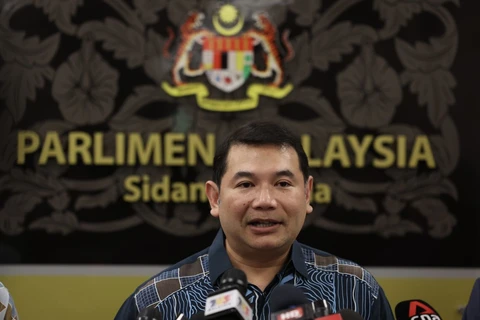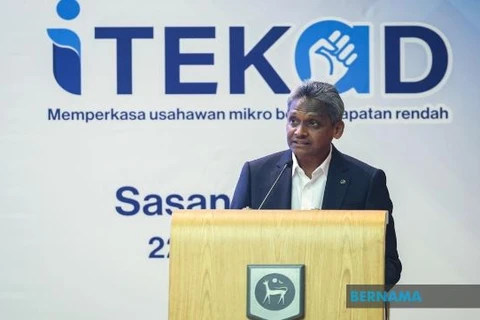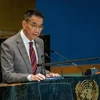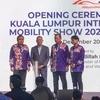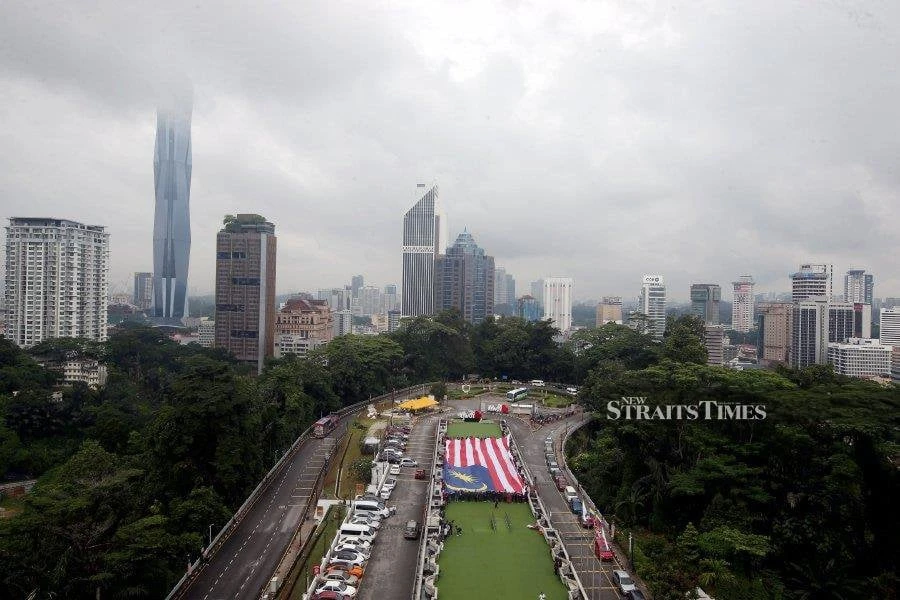
Kuala Lumpur (VNA) – The Malaysian government needs to focus on innovation during its drafting of the 13th Malaysia Plan (13 MP) for 2026-2030 in an effort to achieve its high-income country goal.
Benedict Weerasena, an economist at the Bait Al-Amanah Research Institute, said the latest economic development plan focuses on transformative reforms to enhance global competitiveness, aiming to turn Malaysia into a high-income country based on industrial development. To achieve this goal, the country needs to foster innovation in the 13MP, including strengthening existing resources, boosting investment in advanced research and development (R&D), and expanding international collaboration.
Malaysia also needs more large-scale enterprises capable of integrating deeply into regional and global export sectors, he added.
Prime Minister Anwar Ibrahim's government has strived to minimise bureaucratic processes and accelerated project approval to enhance the public sector's efficiency.
Key initiatives include the Public Service Remuneration System (SSPA), launched on August 16, and the Iltizam public service initiative, set for implementation in Q1 2025, to motivate civil servants and improve service delivery.
Another critical reform involves restructuring healthcare subsidies. High-income groups will have to contribute more to address inequalities in the current system where households with medium and high incomes pay only 1 MYR for outpatient services at public hospitals. Weerasena suggested leveraging databases like the MyKad identification card, tax records, and welfare registries to create fair and data-based policies.
Economic Affairs Minister Rafizi Ramli earlier announced that the government aims to finalise the 13MP by April 2025 and present it to the parliament in July. This plan is pivotal in marking Malaysia’s transition to a high-income economy./.
